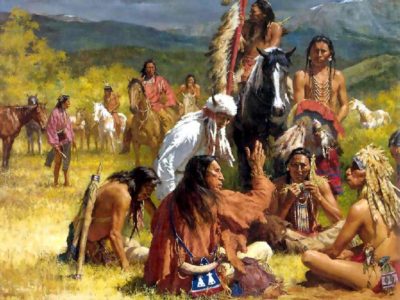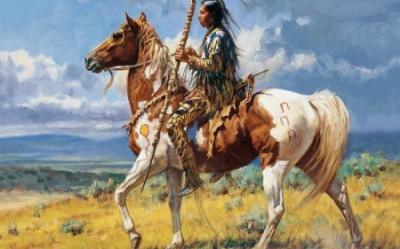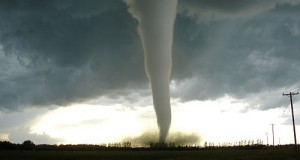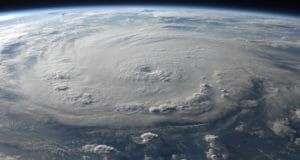
Image source: ComicVine
When Europeans sailed across the ocean to settle this land they encountered a raw and often hostile environment. Their customs and habits didn’t match the requirements of vast areas of unsettled land. What they soon discovered were the indigenous people who had long inhabited these forests, plains and deserts.
The Native Americans never had to rely upon modern methods or ideas that handicapped the Europeans when they first arrived. Those Europeans who could look past their fears reached out to Native Americans to learn how to survive on the land. Their influence helped pave the way of success for the growing number of settlements that followed. As European influence grew, the Native American way of life faded into the far-off lands of territories and reservations and the vital skills faded away, too.
Fortunately, these things were not lost and they can be renewed. This list could be expansive, but here are four lost Native America skills:
1. Finding Drinking Water
Water, as is well-known, is the No. 1 survival item in anyone’s strategy and Native Americans knew where to find it and how to use it wisely. Stationary survival allows for a greater degree of storage, but people on the move face a great challenge in this regard. Regional variances make a great degree of difference in the ability to locate a safe supply of water, so take the time now to be able to identify natural occurrences of water.
Ultra Efficient Water Filter Fits In Your Pocket!
Water purification is also an integral step in providing safe drinking and cooking water. There are a great number of water purification systems available on the market today, but many of them would not be considered portable in a survival situation. Don’t rely on a single method for water purification, but instead learn various methods so that you can be flexible depending upon any situation you may find yourself in.
2. Gathering, Preparing and Cooking Food
On an average day, grocery store shelves are teeming with produce and meat. This may definitely not be the case during a disaster. Identification, hunting, trapping, gathering and processing wild foods is a lost art in today’s society, but not that long ago such things were second nature to people living off the land. Whatever you need to do to attain and understand these skills, do it now.
Centrally provided electricity and natural gas (or propane) are the staples of civilized food delivery and storage, but when those services disappear, the food disappears, too. Learn to dry, can and smoke various foods long before an actual emergency dictates such actions. The worst time to learn such techniques is in the midst of a crisis.
New “Sun Magic” Solar Oven Is So Fast It’s Been Dubbed “Mother Nature’s Microwave”
Portable cooking equipment and skills are essential to preparing food in an emergency situation. Methods can vary from solar ovens to propane stoves and wood-burning devices. Decide which of these best suits your skill level and desired result.
3. Making a Fire
 Believe it or not, lighters and magnifying glasses were not available to Native Americans. Even so, fire was and has always been an integral part of survival. Fires are not only for warmth or cooking, but also for certain emotional health and security purposes.
Believe it or not, lighters and magnifying glasses were not available to Native Americans. Even so, fire was and has always been an integral part of survival. Fires are not only for warmth or cooking, but also for certain emotional health and security purposes.
Preparing fire starters and building up a supply of fire strikers is an essential line item in a survival plan, but these can run out in an extended scenario. Learn the art of manual fire-starting methods such as with a hand bow or bow-drill. These techniques can take some time to acquire, but once they are mastered they take up very little time and effort.
4. Maintaining Mobility
Our modern cultural habits tend to anchor us down in a particular area. This affinity to remain in one area can reap great benefits when the world around us is functioning properly, but when/if the bottom drops out there can be a great number of drawbacks. The ability to maintain a mobile posture provides for escape at a moment’s notice upon the recognition pending harm or danger. Those tied to brick and mortar existence that experience the same scenario must be more prepared to hunker down and defend themselves. This requires a much greater dependence upon the stockpiling of food and supplies, the very thing others would seek in times of trouble.
Another benefit is the capacity to seek a more beneficial area when resources dwindle. No matter how much a person or family prepares ahead of time, extended periods of disruption cause such stores to deplete. If order is not restored before stored items disappear from the pantry, the need to move on or to seek the resources of others increases. People who are prepared for life on the move tend to have fewer expectations for storage and can adjust to rapid changes in resources.
Relocation is also much more feasible when one is prepared for such an occurrence ahead of time. Those behind the mobility curve can find themselves woefully unprepared for rapid changes.
What other Native American survival skills do you think are important for today? Let us know in the section below:
 Off The Grid News Better Ideas For Off The Grid Living
Off The Grid News Better Ideas For Off The Grid Living




